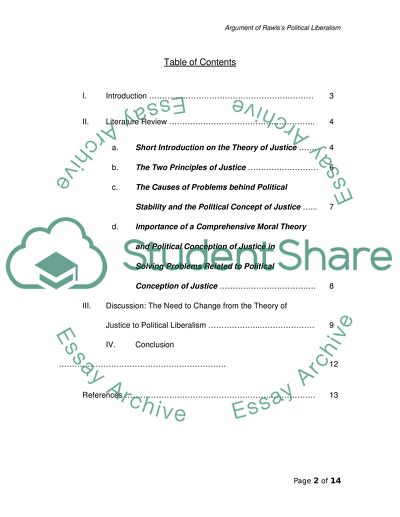Cite this document
(“Argument of Rawls's Political Liberalism Article”, n.d.)
Retrieved from https://studentshare.org/sociology/1523766-argument-of-rawlss-political-liberalism
Retrieved from https://studentshare.org/sociology/1523766-argument-of-rawlss-political-liberalism
(Argument of Rawls'S Political Liberalism Article)
https://studentshare.org/sociology/1523766-argument-of-rawlss-political-liberalism.
https://studentshare.org/sociology/1523766-argument-of-rawlss-political-liberalism.
“Argument of Rawls'S Political Liberalism Article”, n.d. https://studentshare.org/sociology/1523766-argument-of-rawlss-political-liberalism.


